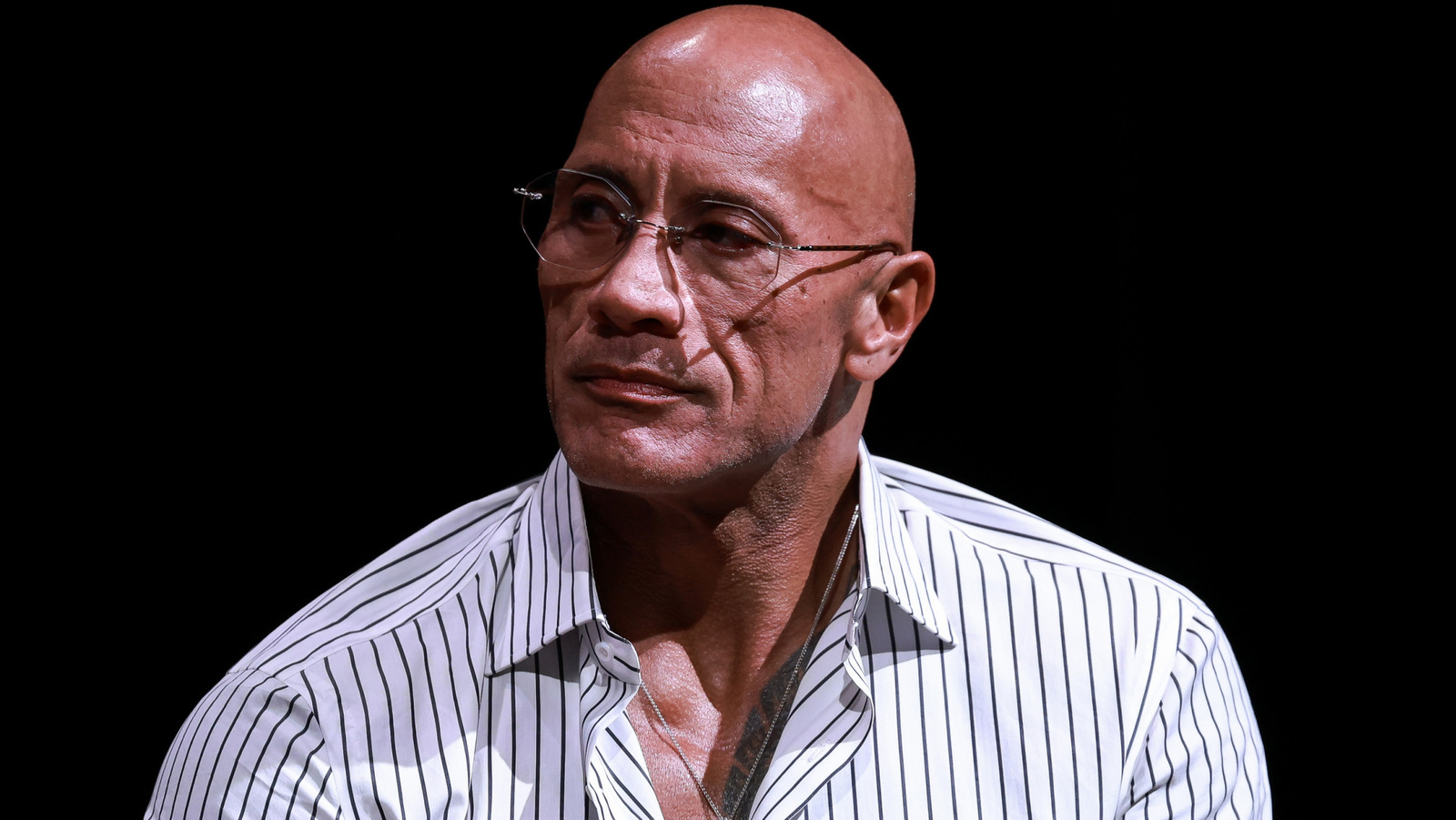Why Dave Meltzer Was ‘Dumbfounded’ By Dwayne Johnson’s The Smashing Machine Plans
Dave Meltzer, the veteran wrestling journalist and founder of the Wrestling Observer Newsletter, has built a career dissecting the highs and lows of combat sports. So when Dwayne “The Rock” Johnson announced his passion project—a biopic about MMA pioneer Mark Kerr titled The Smashing Machine—it was natural for Meltzer to weigh in. But in a recent interview, Meltzer revealed he was straight-up “dumbfounded” by the choice, calling it a head-scratcher from the moment Johnson first teased it years ago.
The story goes back to 2019, when Johnson, fresh off his WWE heyday and Hollywood dominance, revealed plans for the film at a UFC event. He was buzzing about adapting the 1999 documentary The Smashing Machine: The Life and Times of Extreme Fighter Mark Kerr, which chronicled Kerr’s meteoric rise in early MMA, his brutal dominance in tournaments like UFC and Pride FC, and his tragic downfall into painkiller addiction and personal turmoil. Johnson, who has deep ties to wrestling and MMA through his own career, positioned it as a gritty, transformative role—shedding his blockbuster persona for something raw and real.
Meltzer, however, couldn’t wrap his head around it. Speaking on a recent episode of his Wrestling Observer Radio (as recapped by 411MANIA), he recalled the announcement vividly: “When he first announced it—and this is years ago—I remember he went to a UFC show… I was dumbfounded. Because Mark Kerr was like, ‘Oh yeah, I remember the documentary and all, but nobody knows Mark Kerr, nobody remembers Mark Kerr.’ And at the end there was no great thing past a guy with relationship troubles and a painkiller addiction.” In Meltzer’s view, Kerr’s tale—while authentic to the chaos of ’90s MMA—lacked the broader appeal or heroic arc that screams “Dwayne Johnson vehicle.” Kerr was a beast in the cage, winning titles with his Greco-Roman wrestling base and ground-and-pound style, but his story ends on a somber note: post-retirement struggles with opioids, legal issues, and faded glory. Meltzer argued there were “other fighters that would have made more interesting stories,” implying icons like Randy Couture or even Bas Rutten (who has a cameo in the film) might have offered more cinematic punch.
This reaction isn’t just nitpicking from a guy who’s covered pro wrestling for decades—it’s a window into the high-stakes gamble Johnson was taking. The Smashing Machine, directed by Benny Safdie (Uncut Gems), stars Johnson as Kerr alongside Emily Blunt as his wife, Dawn Staples. It premiered at the Venice Film Festival in September 2025 to strong reviews, with critics hailing Johnson’s “revelatory” performance as his most vulnerable yet—bulking up to 290 pounds for the fighter’s prime, then slimming down to capture Kerr’s later decline. Variety called it a “laceratingly humane sports biopic,” praising how Johnson channels Kerr’s inner rage without the usual charisma overload. Early Oscar buzz even floated Best Actor nods for Johnson and Supporting Actress for Blunt, per Meltzer’s own reporting earlier in the year.
Yet, Meltzer’s “dumbfounded” take proved prescient at the box office. The A24 release, budgeted around $40 million, opened to a dismal $6 million domestically in early October 2025—Johnson’s worst wide debut ever—and cratered 60% in its second weekend, barely scraping $15 million total so far. Analysts blame a mismatch: Johnson’s fanbase, hooked on Fast & Furious explosions and Jumanji laughs, skipped this R-rated dive into addiction and ring violence. “It just was not a subject that resonated,” Meltzer noted, echoing tracking data that pegged it for $20 million out the gate before reality hit. A24’s arthouse vibe didn’t help; while it earned an 82% on Rotten Tomatoes, audiences gave it a B- CinemaScore, citing a “flat” narrative that mirrors the doc too closely without enough emotional hooks.
For Meltzer, a MMA historian who’s chronicled the sport since its UFC infancy, the surprise wasn’t just commercial—it’s personal. He’s seen Johnson evolve from Attitude Era heel to TKO board member, and this felt like a detour from The Rock’s strengths: larger-than-life charisma over quiet desperation. In the same interview, Meltzer acknowledged the film’s quality—”I do think that there are other fighters… but they [the team]—I’m presuming Dwayne saw the documentary and said, ‘This is it’”—but doubled down on the bafflement: Why bet big on an under-the-radar figure when Johnson’s star power thrives on universality?
Johnson’s prep was no joke, though. His trainer, Dave Rienzi, detailed a six-month grind to “get bigger” at Safdie’s insistence—pushing past 300 pounds with heavy lifts and a 6,000-calorie diet—before dialing back for authenticity. Cameos from real fighters like Ryan Bader and Oleksandr Usyk added cred, and the score by Nala Sinephro brought an eerie jazz edge to Kerr’s fractured psyche. Still, as Meltzer put it, the end result is a “Dwayne movie” that doesn’t fully crossover, leaving casual fans at the door.
Ultimately, Meltzer’s reaction highlights a core tension in Johnson’s pivot to prestige: Can the People’s Champ smash through niche barriers? The Smashing Machine may not recoup fully theatrically, but streaming deals and awards chatter could soften the blow. For now, it’s a reminder that even icons like The Rock can’t elbow their way into every heart—sometimes, the fight’s just too personal.
